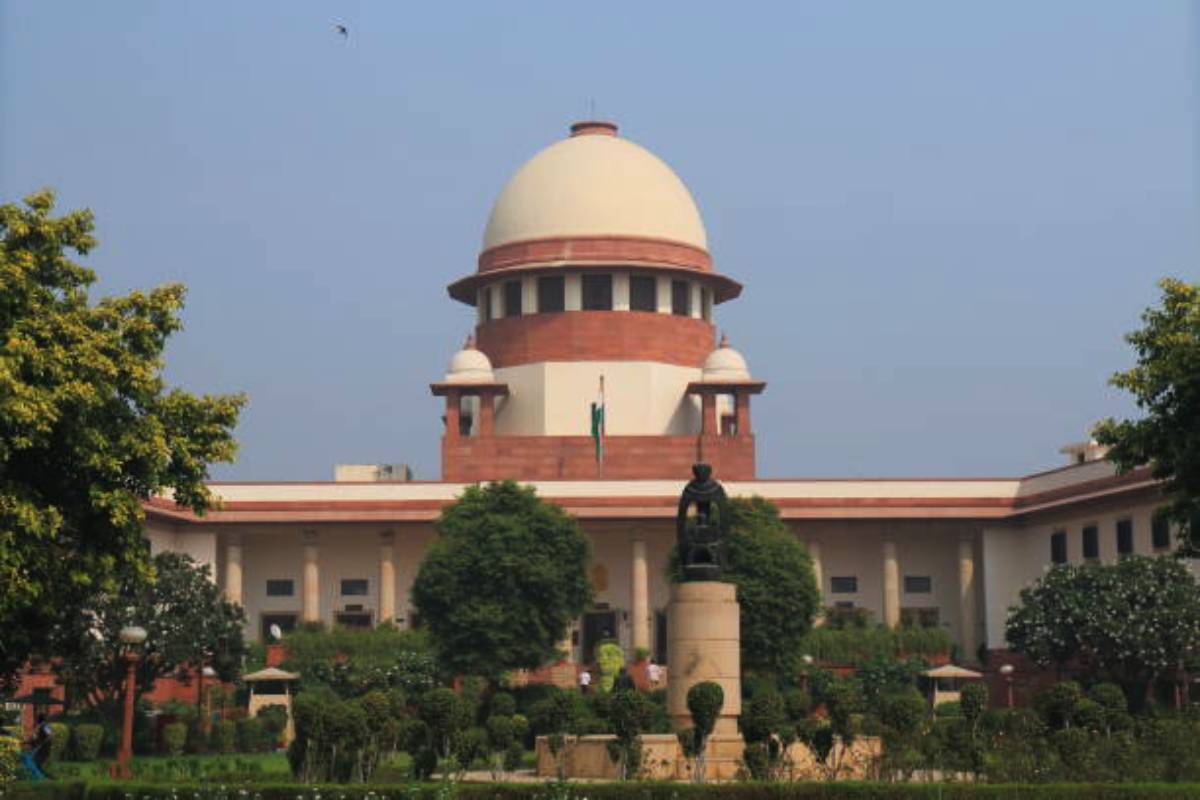On Tuesday, the Supreme Court of India denied adoption rights to same-sex unmarried couples while also rendering a decision on many petitions requesting the legalization of same-sex unions. The five-judge bench passed a 3:2 verdict against adoption rights for the LGBTQIA community. Judges PS Narasimha, Hima Kohli, and Ravindra Bhat dissented from the claims made by Chief Justice DY Chandrachud and Justice Sanjay Kishan Kaul that adoption rights should be granted to LGBTQIA couples.
As Justice DY Chandrachud delivered the decision on same-sex marriage, he noted that “the law cannot assume that only heterosexual couples can be good parents.” He further stated that the current adoption restrictions “violate the constitution for discriminating against queer couples.” He declared that it is “violative of Article 15 of the Constitution” for the Central Adoption Resource Authority’s (CARA) circular to deny adoption rights to homosexual couples. “There is no material on record to prove that only a married heterosexual couple can provide stability to a child,” added Justice Chandrachud. Regarding adoption, Justice Kaul concurred with the Chief Justice’s remarks.
Advertisement
Contrary to the CJI, Justice Bhat stated that while he accepts that single LGBT couples can be just as successful parents as married heterosexual couples, there are some issues that need to be addressed.
“We express some worries. Not that single people or non-heterosexual couples can’t make good parents; rather, in light of Section 57, the state, acting in its capacity as parens patriae, must look into all options and make sure that children in need of stable families receive the fullest benefit possible.” Following their disagreement with CJI Chandrachud, Justices Hima Kohli and PS Narasimha also rendered a 3:2 decision.
The Supreme Court of India ruled in a landmark decision on Tuesday, declining to recognize same-sex marriages legally but recommending the Union of India form a committee to examine the rights and privileges of people in same-sex relationships without calling them “marriages.”











